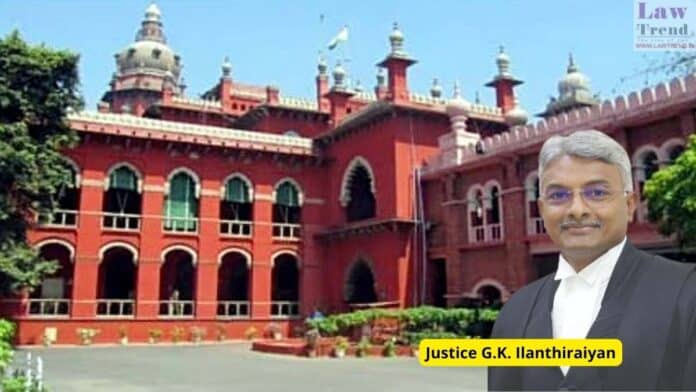In a significant ruling, the Madras High Court has held that tax concessions for vehicles used by educational institutions cannot be denied merely because the vehicles are registered in the name of the trust managing the institution rather than the school itself. The judgment was delivered by Justice G.K. Ilanthiraiyan in the case of M/s
To Read More Please Subscribe to VIP Membership for Unlimited Access to All the Articles, Download Available Copies of Judgments/Order, Acess to Central/State Bare Acts, Advertisement Free Content, Access to More than 4000 Legal Drafts( Readymade Editable Formats of Suits, Petitions, Writs, Legal Notices, Divorce Petitions, 138 Notices, Bail Applications etc.) in Hindi and English.




